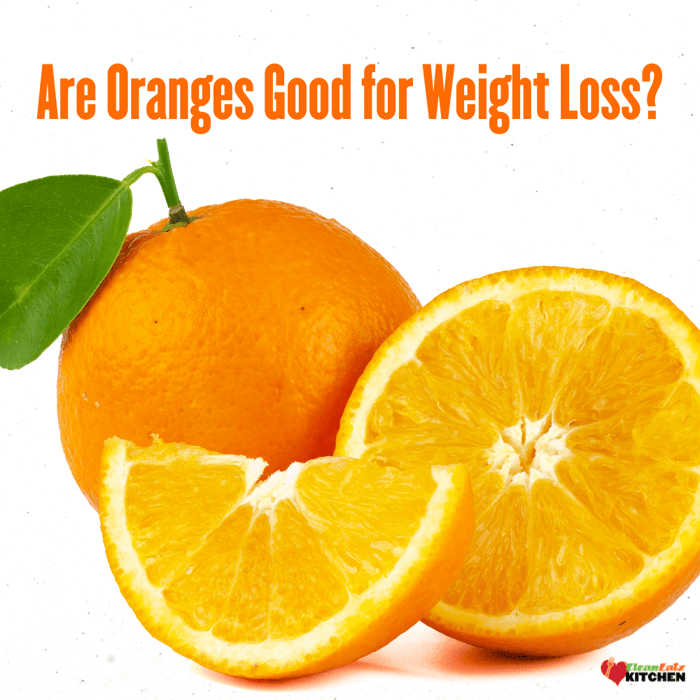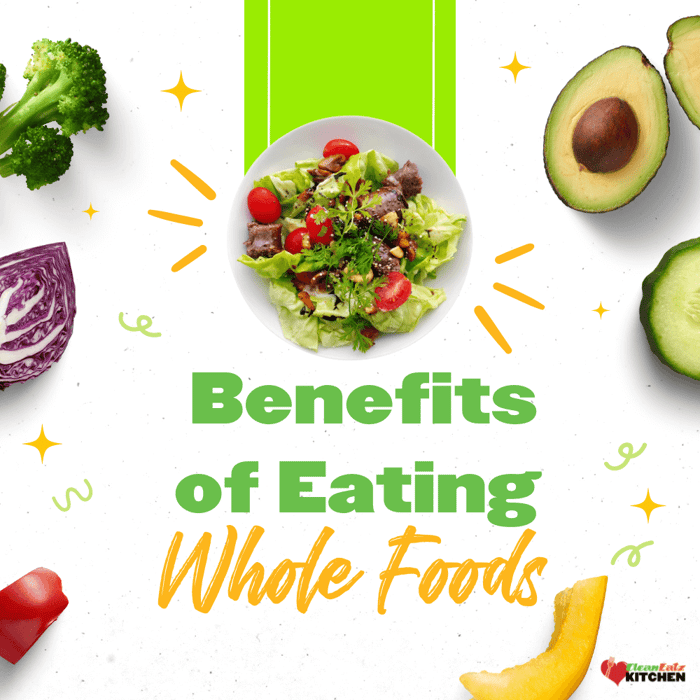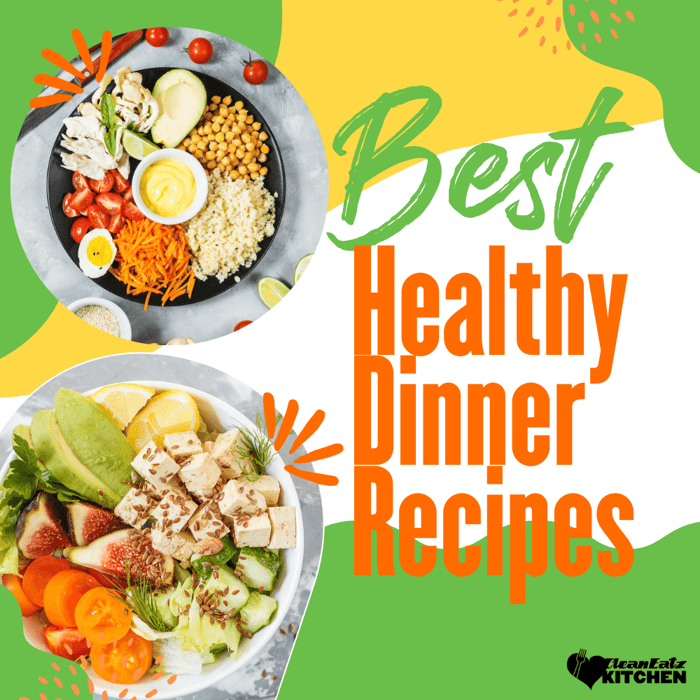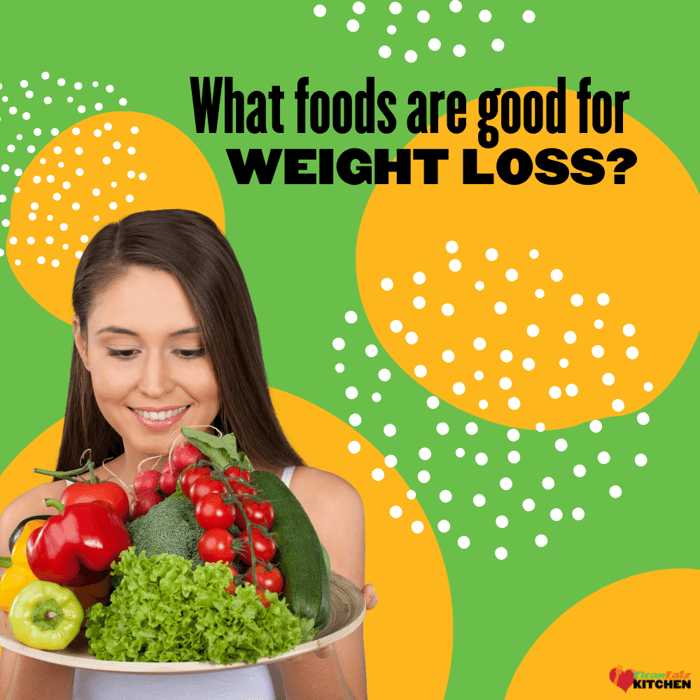Are Oranges Good for Weight Loss? Benefits and Tips

Ellie Lopez, LDN, MS
Nutrition
|
Weight Loss
12/15/2025 11:30am
6 minute read
Quick Answer: Yes, oranges are excellent for weight loss. A medium orange has just 60-70 calories but delivers 3 grams of fiber and over 85% water content, making it one of the most satisfying fruits per calorie. The key is eating the whole fruit—not juice—and pairing it with protein for lasting fullness.
Why Oranges Actually Help You Lose Weight
Here's the thing about oranges that makes them a weight loss winner: they're incredibly filling for the calories they provide. A medium orange weighs around 140 grams but delivers just 60-70 calories. That's what nutrition scientists call "low energy density"—you get a lot of food volume without many calories.
The fiber content is where oranges really shine. Each orange packs about 3 grams of dietary fiber, mainly soluble pectin. This type of fiber forms a gel in your digestive tract that slows gastric emptying, keeping you feeling satisfied longer. A 2024 study in Nutrition & Diabetes confirmed that higher fiber intake is consistently linked to lower body weight and better appetite control.
Beyond fiber, oranges are about 85% water. This combination of water and fiber creates volume that physically fills your stomach, triggering satiety signals to your brain before you've consumed many calories. It's a simple equation: more fullness, less overeating.
The Blood Sugar Advantage
One concern people have about fruit is sugar. But whole oranges handle blood sugar remarkably well. They have a low glycemic index (GI 31-51 depending on variety), meaning they produce only mild effects on blood glucose and insulin.
The fiber, organic acids, and cellular structure of whole oranges slow down sugar absorption significantly compared to processed foods. This steady energy release helps prevent the blood sugar spikes and crashes that trigger hunger and cravings—a common saboteur of weight loss efforts.
For even better blood sugar stability, pair your orange with a protein source like Greek yogurt, cottage cheese, or a handful of nuts. This combination slows digestion further and keeps you satisfied for hours. Oranges are just one of many foods that support weight loss through this mechanism—for a complete breakdown, see our 100 Best Foods for Weight Loss guide.
Whole Oranges vs. Orange Juice: It's Not Even Close
Let's be direct: if you're trying to lose weight, skip the juice and eat the whole fruit. The difference matters more than most people realize.
When you eat a whole orange, you chew it slowly. Your brain has time to register that you're eating. The fiber stays intact, forming that gel that promotes fullness. One orange takes several minutes to consume and genuinely satisfies.
Orange juice? You can drink the equivalent of 2-3 oranges in 30 seconds. The fiber is mostly stripped out. Your body doesn't compensate by eating less later—studies show liquid calories are "invisible" to our appetite regulation system. A recent review on food form confirmed that solid foods provide greater satiety due to delayed gastric emptying and related physiological reactions.
The calorie math is simple: one medium orange is 65 calories with 3g fiber. A cup of OJ is 110 calories with virtually no fiber. Choose the whole fruit every time.
When and How to Eat Oranges for Weight Loss
Timing can amplify oranges' weight loss benefits. Here are the smartest strategies:
Morning: Starting your day with an orange (or adding segments to breakfast) provides vitamin C, hydration, and fiber to stabilize blood sugar for hours ahead.
Pre-meal snack: Eating an orange 15-20 minutes before a meal can reduce how much you eat at that meal. The fiber begins working its fullness magic before you even sit down to eat.
Afternoon energy dip: When 3pm cravings hit, an orange paired with a small handful of almonds provides sustained energy without the crash that candy or chips would cause.
Post-workout: Oranges naturally replenish potassium and fluids after exercise, making them a smarter choice than many processed sports drinks.
Simple Orange Pairings That Work
For maximum satiety, combine oranges with protein:
- Orange segments + Greek yogurt + a sprinkle of chia seeds
- Sliced orange + cottage cheese + cinnamon
- Orange wedges + handful of walnuts or almonds
- Citrus salad with grilled chicken and olive oil dressing
Want ready-made, portion-controlled meals that pair perfectly with fresh fruit? Our Weight Loss Meal Plan takes the guesswork out of calorie-controlled eating.
What the Research Shows
The science on citrus and weight loss is encouraging. A meta-analysis in the Journal of Nutritional Oncology found that citrus fruit consumption was associated with an average body weight reduction of about 1.28 kg compared to lower intakes, along with improved cholesterol levels.
Is that a dramatic effect? No. But it's consistent across studies, and it adds up over time. More importantly, oranges are replacing something else in your diet—and that something else is usually higher in calories.
Oranges also contain flavonoids like hesperidin and naringenin, which have antioxidant and anti-inflammatory properties. While these won't magically melt fat, they support overall metabolic health—and every bit helps when you're working toward a healthier weight.
Frequently Asked Questions
Do oranges burn belly fat?
No single food burns fat directly. Oranges support weight loss by increasing fullness and replacing higher-calorie snacks, which helps create the calorie deficit needed for fat loss.
Is orange juice as good as whole oranges for weight loss?
No. Whole oranges are significantly better because they contain fiber that slows digestion and promotes fullness. Juice lacks most of the fiber and can be consumed quickly, making it easy to overconsume calories.
How many oranges can I eat per day while losing weight?
One to two medium oranges per day fits well into most weight loss plans, providing around 120-140 calories with 6 grams of fiber. Pair them with protein for better satiety.
Are oranges OK for diabetics trying to lose weight?
Yes. Whole oranges have a low glycemic index (31-51) and the fiber helps moderate blood sugar response. Pair with protein or healthy fat for even better blood sugar control.
The Bottom Line
Are oranges good for weight loss? Absolutely. They're low in calories, high in fiber, hydrating, and genuinely satisfying. Eat them whole, pair them with protein, and enjoy them as part of a balanced approach to eating.
That said, sustainable weight loss isn't about any single food—it's about consistent, balanced meals with adequate protein and controlled portions. If you want to simplify the process, explore our Build-a-Meal Plan to customize protein-forward meals that fit your goals, or try our High-Protein Meal Plan for maximum satiety per calorie.
This content is for educational purposes only and does not replace personalized professional advice.
Related Articles
Benefits of Eating Whole Foods: Why They Work
9 minute read
What Foods Are Good for Weight Loss? Your Quick Start Guide
11 minute read



